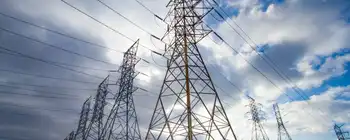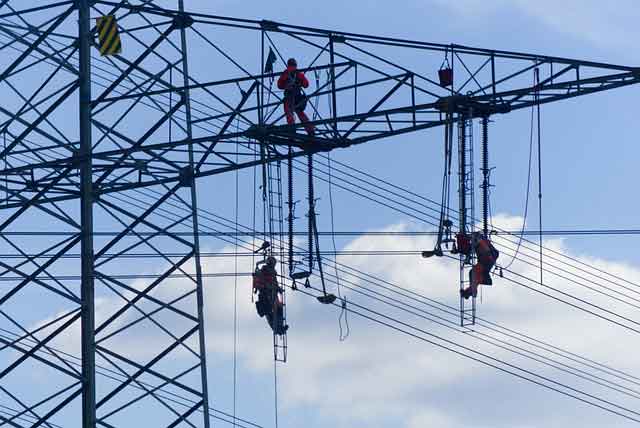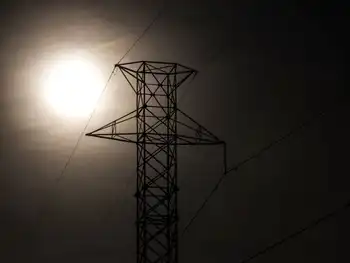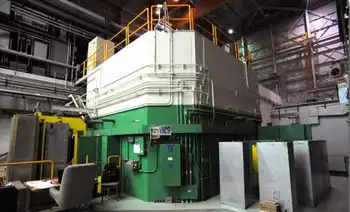U.S. FERC member Moeller is a bit "impatient" with demand response
"That's not meant to be a knock on state action," Moeller said during an interview in New York at the National Association of Regulatory Utility Commissioners' summer meeting. But with increasing demand for electricity and declining generation reserve margins "we've known for a few years this tightening (demand) situation was coming," said Moeller, who filled in for FERC member Jon Wellinghoff at the federal/state Demand Response Collaborative meeting recently.
The collaborative was formed after FERC sent a report to Congress last year about the regulatory barriers to increased customer participation in demand-response programs. The report revealed that only 5% of the nation's electricity consumers use some form of incentive-based demand-response program or time-of-use rates, and that advanced metering has a market penetration of only 6% of installed meters, speakers said at the meeting.
In FERC's advance notice of proposed rulemaking issued in June, it laid out several plans to boost demand response in organized wholesale markets, taking note of the authority and important role state regulators play in such matters.
The group of state regulators and Moeller discussed which state demand response programs were working and why during the collaborative's second meeting this year. The group met in the spring to hear reports on different state and regional efforts.
Moeller said he hopes the group culls the list of programs and selects something that can work in both organized markets with independent system operators and other areas with vertically integrated utilities. Analysis has shown, "when done correctly, (demand response programs) can work in both organized markets and even in unorganized markets," Moeller said.
"Hopefully that'll be what the next step will be," Moeller said. "I'm not going to prejudge what product we'll have, but something that can best analyze what's out there now."
Related News
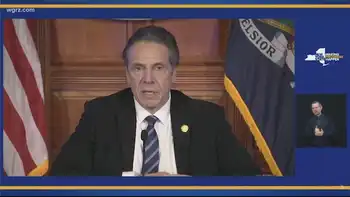
New York State Moratorium on Utility Disconnections During Emergencies
NEW YORK - Governor Andrew M. Cuomo has announced a proposal to prohibit utility disconnections in regions that are under a state of emergency as part of the 2021 State of the State. The Governor will propose legislation that will apply to electric, gas, water, telecommunications, cable and internet services. Utilities that fail to comply will be subject to penalties.
“In a year in which we dealt with an unprecedented pandemic, ferocious storms added insult to injury by knocking out power for hundreds of thousands of New Yorkers,” Governor Cuomo said. “Utility companies provide essential services, and we need to make…


